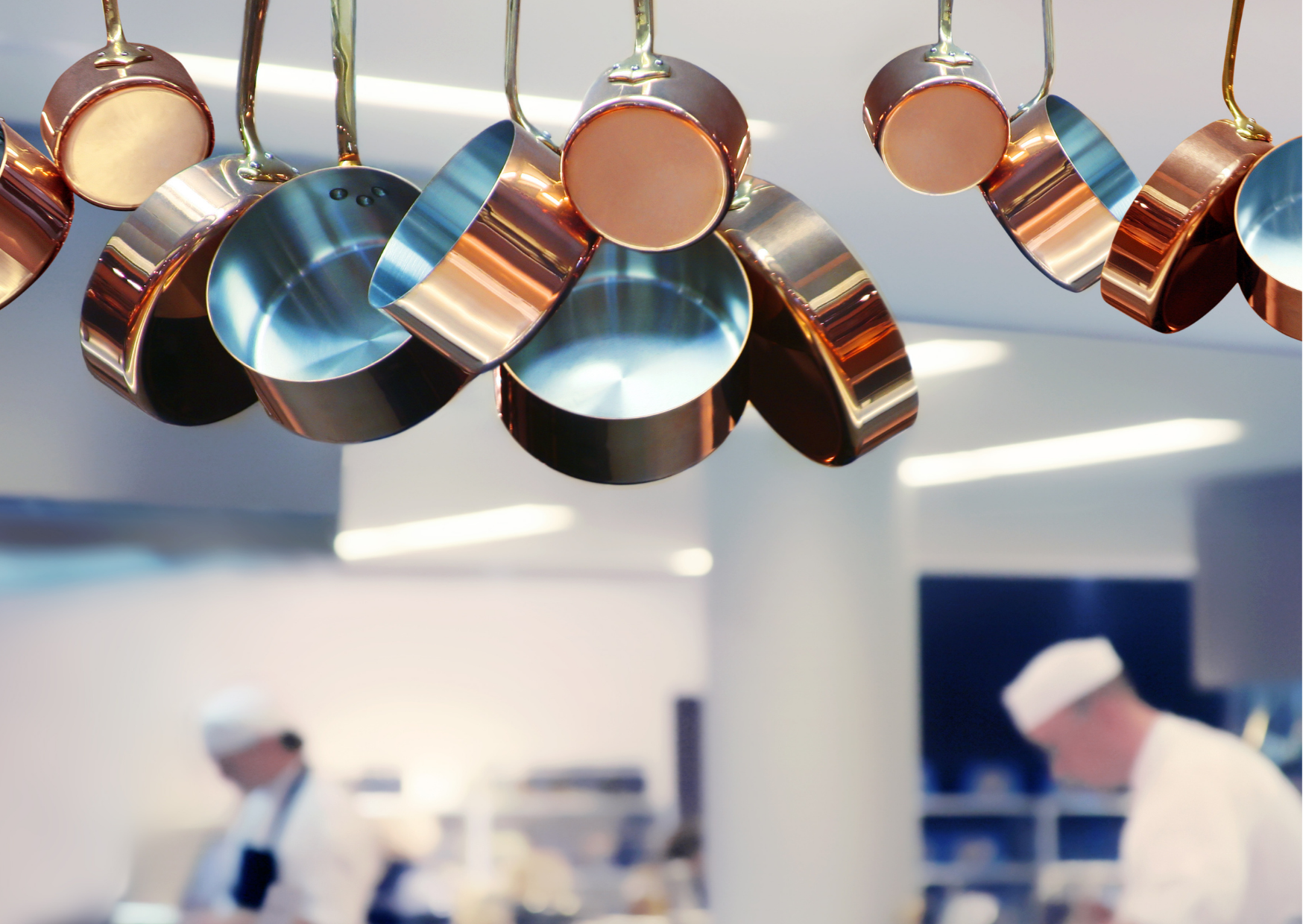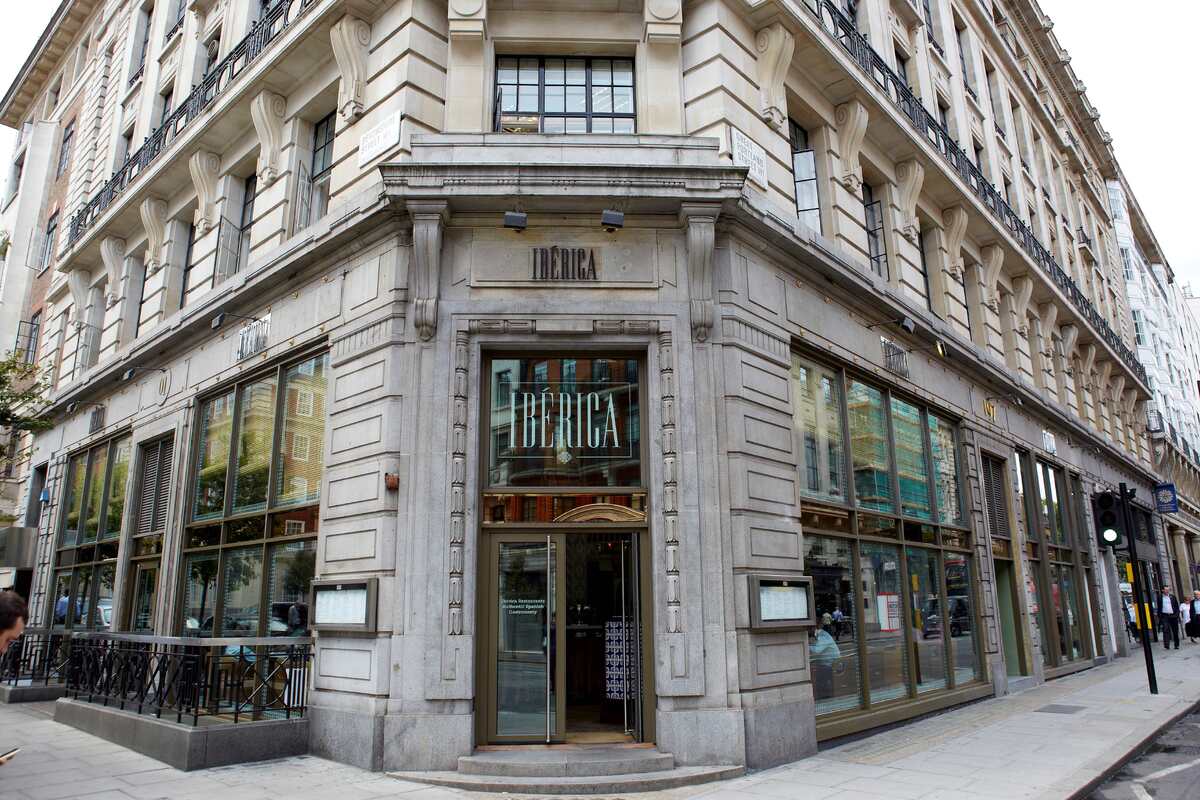The impact of the March budget and inflation on the hospitality and leisure sector
Considering the impact of the Budget in March along with the latest inflation statistics, what has the hospitality and leisure sector got to look forward to for the remainder of 2022?
Rishi Sunak’s budget in his £9b package didn’t seem to have the impact he tried to paint. He took 5p a litre off petrol, which only put the price back to where it was the week before when the ‘grim milestone’ of 150p a litre was reached for the first time and there was little else to note. But what does this mean for businesses, and especially those businesses producing and transporting food and beverage where ultimately the cost hits us all?
Unfortunately, the outlook is not positive, the shock from the 54% jump in the energy price cap in April has outweighed any slight relief on costs elsewhere, and Russia’s continued invasion of Ukraine will exacerbate energy supply even further. This coupled with the reverse of business VAT cuts granted for hospitality during Covid, an increase to the national living wage by 50p per hour, and higher National Insurance contributions, it all paints a very negative picture for 2022.
Growth forecasts have been slashed from 6% to 3.8% and living standards are set to fall 2% this year, a comparable decline to the 1950s. Important to understand, that there was a little done to mitigate the effects of inflation. CPI started the year at 5.4% and grew to 7% in March and 9% in April against the 12 months previous, and is expected to increase up to 10% in the autumn as a lag effect of the energy prices, VAT and national living continue to catch up, and I haven’t even started on the impact of Ukraine yet!
The possible good news is that ‘most’ economists expect UK inflation to fall in the second half of this year, perhaps to 4% growth next year and even back to 1.5% in 2024, well within the Bank of England’s 2% target. There is the promise to businesses of tax cuts in the autumn if they can “invest more, train more, and innovate more” to deliver higher productivity now. However, to many, these projections look far too optimistic as there are still well-known looming threats. There continue to be shortages of just about everything, from microchips to shipping containers, and shortages always lead to prices going up. On top of this, the energy price cap is expected to rise again in October by 30%-40%.
Major worries around Covid might be over and Brexit doesn’t look like the disaster that was predicted, but it has caused problems, particularly in the agricultural and food sectors with labour shortages, for example, in butchery and fruit picking. New regulations are also causing problems in the fishing industry and holding up trade generally. But the paramount problem now is the Ukraine war, which is unlikely to end soon, and which is and will continue to be disruptive to supply chains. These problems occur particularly in the food sector, where Ukraine is a major exporter of cereals, oilseed and animal fats. Then there are sanctions against Russia, which are going to be costly, especially if countries, principally Germany, make serious attempts to replace buying oil and gas from Russia. Also, in the medium to long run, there is the difficult and expensive drive to abandon fossil fuels altogether.
Finally, two points referring back to the budget. The first is that almost all budgets make the headlines, engender controversy, if not outrage, but after a few months when the dust has settled, we know not much has changed. Second, mid- to higher-earning consumers are being impacted less hard than those on lower incomes and therefore little will likely change in demand for hospitality, but that’s providing we can actually get the F&B ingredients on the tables!
Cost inflation is not going away anytime soon. Procurement’s role in defending and mitigating cost increases as well as bringing costs down again when markets adjust, has never been more important. This is a significant shift from traditional price negotiations as operators today need to work with suppliers to optimise supply chains, improve efficiencies and align requirements to reduce costs. At 4C Associates , we help to mitigate increasing prices, pre-empt, and bring them down again in a sustainable way – let’s talk about how we can help you.
By Katie Deem















